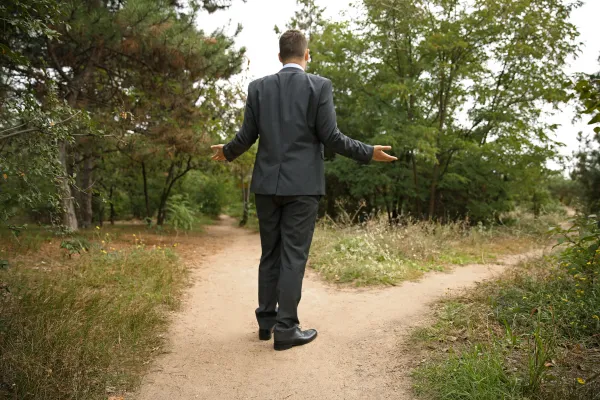
The Power of "But What If": Transforming Mental Health Through Reframing
Our thoughts hold incredible power, shaping the way we view ourselves and the world around us. However, when limiting beliefs creep in—those thoughts that tell us, "I can't," or "I'll never"—they can constrain our potential and darken our outlook. The good news? A simple phrase, "but what if," can be an antidote to these negative loops, offering a powerful tool to reframe our thinking toward a more positive, optimistic perspective.
The Art of Reframing Thoughts
Reframing is the process of taking a negative or self-defeating thought and viewing it from a different, often more constructive angle. It’s not about ignoring reality or sugar-coating difficulties; rather, it’s about making space for possibility, hope, and growth. When you introduce the phrase "but what if" into your mindset, you invite curiosity and openness, gently nudging away from rigid negativity.
By bridging the gap between fear and possibility, these three words remind us that our internal dialogue isn’t set in stone. It can evolve, just as we can.
Why "But What If" Works
The beauty of "but what if" lies in its simplicity. Over time, this phrase becomes a mental pivot point, helping both ourselves and others escape limiting narratives and explore alternative perspectives. Below are three examples where "but what if" can be used to shift limiting beliefs into empowering opportunities.
Three Transformational Examples

1. Limiting Belief:
"I’ll never succeed; I’ve already failed too many times."
This mindset keeps you anchored in past mistakes, reinforcing the belief that there’s no hope for future progress. When failure feels final, it’s easy to give up on goals, dreams, or even yourself.
Reframe with "But What If":
"But what if every failure was just a step toward eventual success?"
By shifting the focus to possibility, you align yourself with examples of resilience. Many successful people—authors, entrepreneurs, athletes—failed multiple times before achieving greatness. This reframing reminds you that failure can be a teacher, not a roadblock.
2. Limiting Belief:
"I’m not good enough; I don’t have what it takes."
Feelings of inadequacy can sap your confidence and prevent you from pursuing new opportunities. It’s all too common to compare yourself to others and feel you’re falling short.
Reframe with "But What If":
"But what if I have strengths I haven’t tapped into yet?"
This opens the door to self-discovery, encouraging you to explore your hidden talents and unique qualities. It challenges the narrative of insufficiency, reminding you that growth is always possible and that you bring something valuable to the table.
3. Limiting Belief:
"Things will never get better; this is just how my life is."
Sometimes difficult circumstances can feel unrelenting, giving rise to feelings of hopelessness. Believing that change isn’t possible can lead to stagnation and despair.
Reframe with "But What If":
"But what if this is temporary, and things could improve with time?"
This perspective invites hope, even in small doses, and emphasizes the impermanence of challenging situations. It can also inspire action—what small steps might you take today to move toward a better tomorrow?
Your Challenge
Think about your own patterns of thought. How often do you encounter limiting beliefs? The next time you catch yourself thinking “I can’t,” or “It’s impossible,” pause and ask yourself, “But what if?” Notice how this subtle shift has the power to create room for optimism and change.
Encourage others to do the same—friends, family, colleagues. Be the voice that offers possibility where they may see none.

Closing Thoughts
The phrase "but what if" is deceptively simple, yet it holds profound potential for personal growth. By challenging negative narratives with this three-word intervention, you can begin a habit of reframing thoughts and fostering resilience. It’s not about escaping reality; it’s about creating a balanced perspective that acknowledges challenges while making space for possibilities.
Start incorporating "but what if" into your daily inner dialogue today. What if this small change could lead to a brighter, more hopeful perspective?
